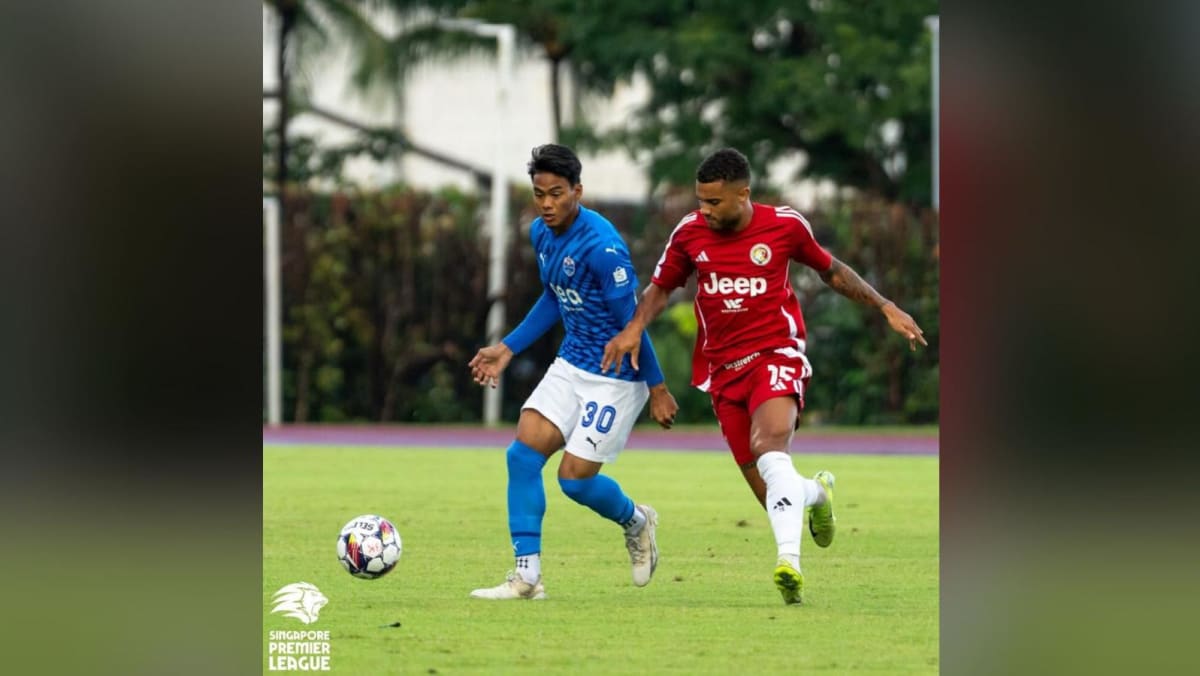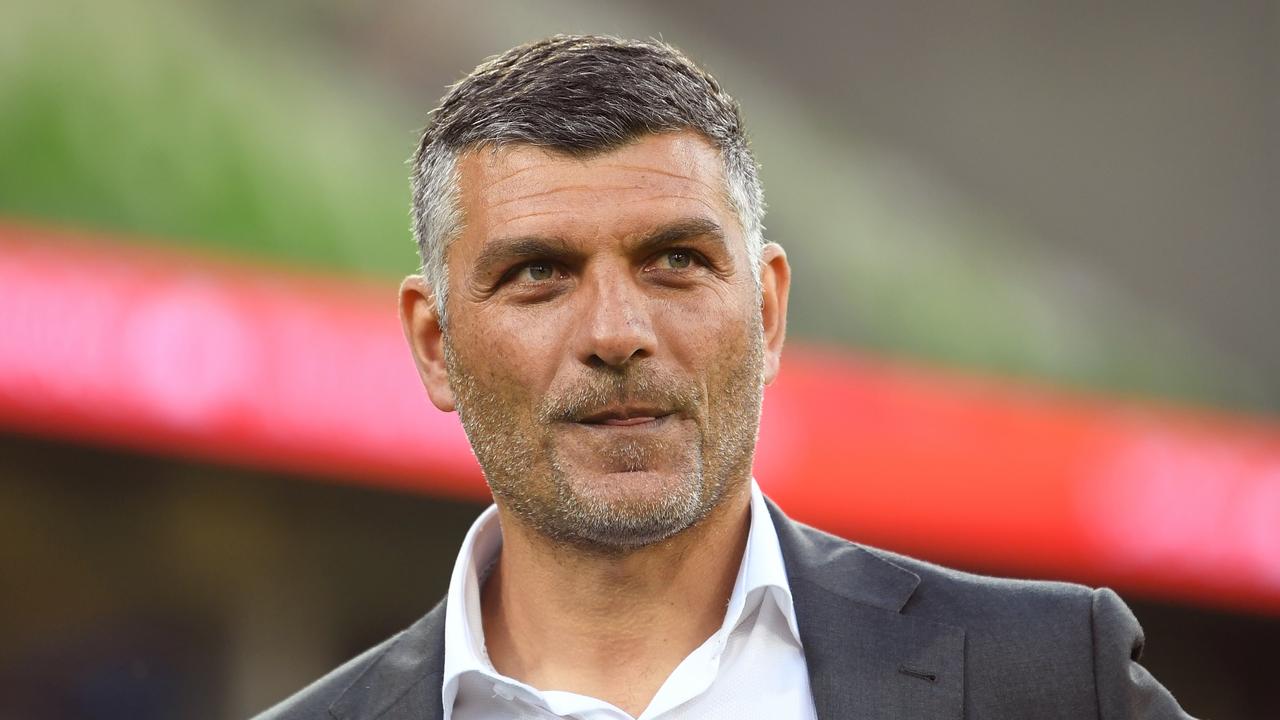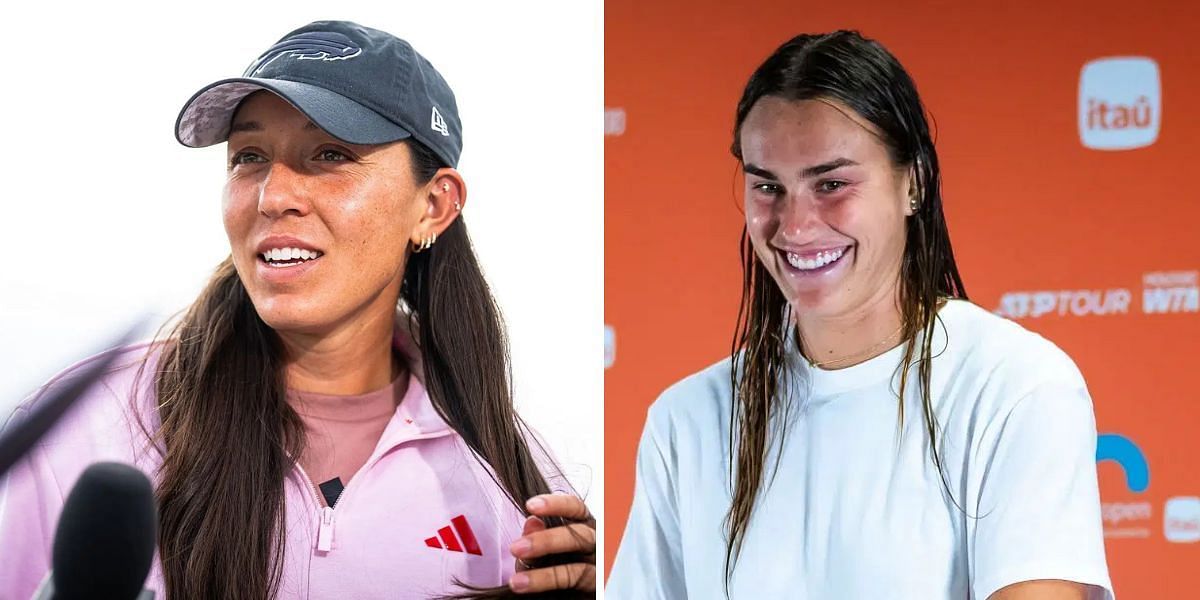From the Pocket: Andrew Krakouer blazed his own trail beyond family history and football feats

WARNING: Aboriginal and Torres Strait Islander readers are warned that the following article contains the name and images of a deceased personSome of the best Australian sportswriting of the 1980s came from a young journalist from Tasmania, Martin Flanagan. He was particularly fond of Fitzroy and North Melbourne – two clubs with scarcely a dollar to their name, but rich in character and talent. Flanagan would write about anything – politicians, war heroes, graffiti artists, homeless people, police and paramedics attending catastrophic car accidents.But where he really excelled was writing about Aboriginal footballers. Many of the scribes and coaches of that era downplayed the Aboriginality of players like the Kangaroos’ Jim and Phil Krakouer. No, Flanagan insisted, it should be celebrated. It should be understood. And it should be nurtured. He encouraged the “Black Magic” signs. He applauded the VFL’s full-page newspaper ad, “Take your family to see some Aboriginal art tomorrow”.“It is rare that there is no booing when the Krakouers approach the ball,” Flanagan wrote in 1986. “You cannot help but suspect that they violate too many stereotypes and preconceptions, that things would be better if they were more mindful of their place. Small and slight, it might be better if they contented themselves with gathering the crumbs. The problem with the Krakouers is that, often as not, they take the cake.”Phil was unlike any footballer I’ve ever seen. He moved like one of those inflatable tube men that flap outside car dealerships. He had rubbery limbs and a tortured kicking action. He would pat the ball on the ground instead of bouncing. He would appear, Flanagan wrote, “like woodsmoke at the edge of packs”.Jim was completely different. He had clean hands, watchful eyes, sharp elbows, and a lot of history. John Kennedy, who’d seen and coached most of the greats, said he was one of the best ball handlers he’d ever seen. But if you tugged his jumper, if you went after his brother and if you racially vilified him, he would punch you, and he would punch you hard. He had the left hook of a man who’d been trained to box, a man who’d been fighting all his life, a man who would give you one warning. “It has been in my make-up since I was a kid not to let people stand over me,” he told the VFL tribunal in 1982. “I will be like that till the day I die.”In 1990, Jim transferred to St Kilda, where he collected 36 possessions in his first game and built up a rapport with Danny Frawley, who would later coach his son. Just four years later, Jim was arrested for his role in trafficking amphetamines. He was sentenced to 16 years prison and served nine. He was in jail when his son Andrew debuted for Richmond against Essendon in front of nearly 80,000 people.Andrew was a very different footballer to his father and his uncle. He had excellent forward craft. He got to the right spots and did the fundamentals well. If you freeze frame the seconds leading up to his mark of the year in 2011, after he’d moved to Collingwood, there are at least seven players who at some point look as though they had claims on the mark. Krakouer is the only one of the seven whose eyes are on the ball the entire time.View image in fullscreen Andrew Krakouer celebrates after kicking a goal for Collingwood against Geelong in 2013. Photograph: Joe Castro/AAPFive years earlier, he’d been charged with assault causing grievous bodily harm. Teammates, teachers, coaches and even the presiding judge expressed bewilderment that an apparently gentle man was capable of such a savage attack. This column isn’t about glossing over the events of that night. Andrew himself certainly never did. He’s lucky his victim didn’t die. He’s lucky he wasn’t locked up for longer. He was certain he’d never play football again.And yet there he was, halfway through the second quarter of the 2011 grand final, looking as though he was going to win the game off his own boot. I watched that game down near the fence in the forward pocket underneath the Olympic Stand. It was a bitterly cold day and a rain-dotted, nerve-shredding, high-standard contest between two of the great teams of this century.skip past newsletter promotion Sign up to From the Pocket: AFL Weekly Free weekly newsletter Jonathan Horn brings expert analysis on the week's biggest AFL stories Enter your email address Sign up Privacy Notice: Newsletters may contain info about charities, online ads, and content funded by outside parties. For more information see our Newsletters may contain info about charities, online ads, and content funded by outside parties. For more information see our Privacy Policy . We use Google reCaptcha to protect our website and the Google Privacy Policy and Terms of Service apply. after newsletter promotionThe Geelong defenders – so lippy, so cocky and so good – were flummoxed by Krakouer. You could hear them screaming and swearing at one another, throwing their hands in the air and trying to rearrange themselves. Krakouer just stood there, chewing his gum. At their best, the Cats defenders had a telepathy that was almost reminiscent of Jim and Phil. For about 10 minutes this day, they were in disarray.As it turned out, another son of a former VFL player wrenched the premiership back off Collingwood. Krakouer never hit such heights again. It really didn’t matter. He mentored young prisoners. He spoke at schools. He co-authored a kids book about children whose parents had been incarcerated. He was a calm, clear and unwavering voice detailing the racism at Collingwood. Krakouer, the son of a painfully shy man who solved problems with his fists, engaged respectfully with some of the powerful men in the game. This is what happened, and this is what needs to change, he told them.Krakouer was 16 when he first became a dad. In every interview, he rarely talked about football. Instead, he talked about his four daughters – how they’d never judged him, how they’d given him strength and hope in prison. As a kid, when he tried to hug his dad, prison officers would intervene. He overcompensated, he said, with physical affection to his own girls. On Sunday, while out in the garden, he had a heart attack and died. He was 42 years old.













